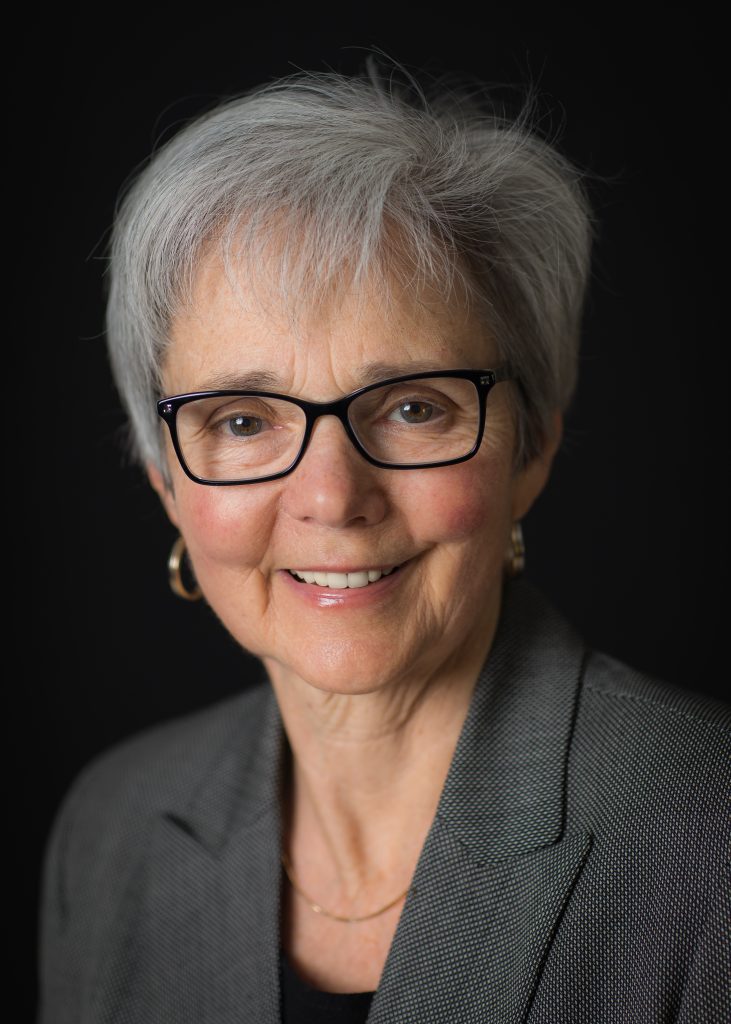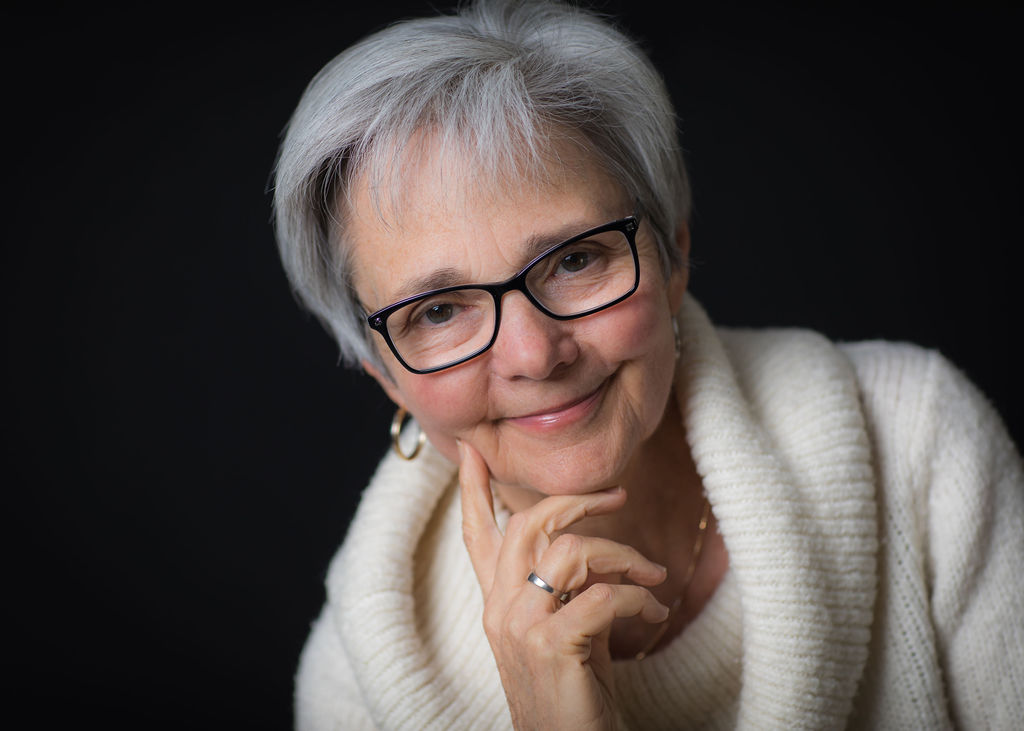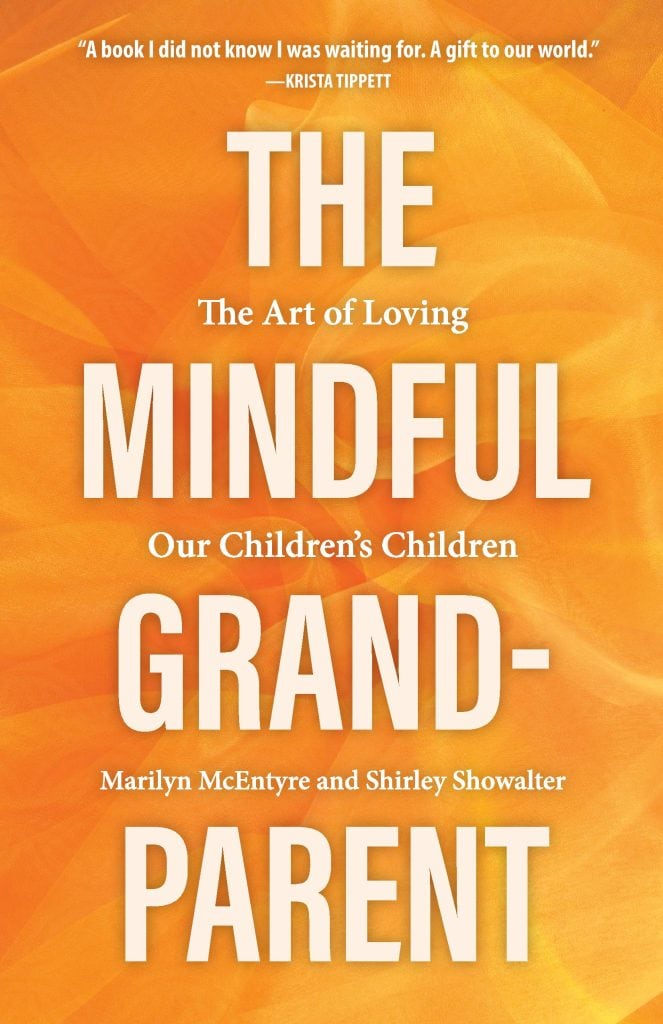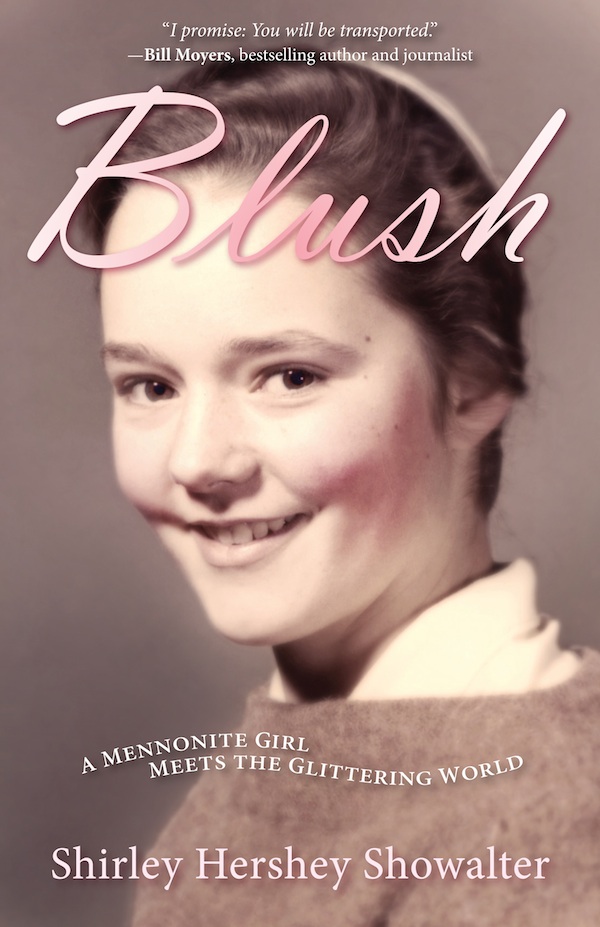For the Media
The Mindful Grandparent in the News and On the Air
Feature Articles:
May 1, 2022 "Book cowritten by Lititz author celebrates joy of being a grandparent" - LancasterOnline.com
August 29, 2022, "Let Your Love Shine on Grandparents Day with These Thoughtful Gifts," St. Louis Post-Dispatch
September 26, 2022. "How to Be a Mindful Grandparent," The GaGa Sisterhood Blog.
Reviews:
June 21, 2022 More than Grand blog review by DeeDee Moore
June 30, 2022 Anabaptist World, "Relationships Close and Sacred"
October 3, 2022 Christian Century, "Grandparenting with Faith"
Broadcasts and Podcasts:
April 7, 2022 Art Beat, WMUK, Kalamazoo, MI
April 29,2022 Youtube interview. Writing for Your Life. Brian Allain host.
May 26, 2022, Retirement Wisdom podcast
June 27, 2022, GoodDayPA (ABC Channel27) interview
July 14, 2022, The Mindful Grandparent, Adventures with Grammy, Carolyn Berry interview
September 10, 2022, Interview with Brian Allain, Writing for Your Life podcast
September 27, 2022 Guest Expert on Kerry Byrne's Long Distance Grandparent Zoom call (for members only)
October 7, 2022, Infinite Interests and Finite Time, The Grand Life podcast.
Dec. 30, 2022, How to Write Memoir, Marion Roach Smith interview, QWERTY podcast
Guest Blog Posts
October 21, 2022 "How to Be a Grandnanny," Morethangrand.com
News Release - June 14, 2022
Former Harrisonburg resident and author Shirley Showalter will speak on “Mindful Grandparenting for a New Age” at Community Mennonite Church on Thursday, June 23, at 7 p.m.
Her presentation will be based on a recently published book titled The Mindful Grandparent: The Art of Loving Our Children’s Children, which she co-authored with Marilyn McEntyre. Broadleaf Books, an imprint of Fortress Press in Minneapolis, published the 250-page book and released it in May.
Krista Tippett, host of the NPR program “On Being,” states, "This is a book I did not know I was waiting for. It is a reflective handbook for becoming a grandparent – perhaps the first ever? – but so much more. A celebration of the flow and fullness of life. A call to the honor and pleasures of eldering. It is a gift to our world which is so in need of – and so ripe for – old ways and new of deep accompaniment and formation across generations."
The publisher describes the book this way: “Making memories and fostering relationships with our grandchildren in the midst of a fast-moving culture isn’t easy, and a legacy that lasts isn’t crafted overnight. So how do we as grandparents cultivate strong, meaningful relationships with the children we adore?
“Start with The Mindful Grandparent. With 12 grandchildren between them, authors and educators Marilyn McEntyre and Shirley Showalter know deep in their bones that attending to the small ones in our lives has never been more important. Grandparents can help little ones learn to value relationships over things, lap time over screen time. They can help grandchildren
live with intention, attentive to others, to nature, and to the diverse, beautiful, and troubled social world around them.
“The Mindful Grandparent doesn’t shy away from the challenging issues in contemporary grandparenting. Through inspired ideas teamed with simple practices and engaging stories, The Mindful Grandparent covers wide-ranging topics such as cultivating curiosity, giving meaningful gifts, helping children explore difficult topics, building a grandparent team, honoring adult children’s boundaries, and managing technology.”
Copies of the book will be sold at the Community Mennonite Church event, and Showalter will be available to sign them. Showalter is also the author of Blush: A Mennonite Girl Meets the Glittering World, which was published by MennoMedia in 2013. This book will be available for sale at the Community Mennonite Church event also.
For more information or to schedule an interview be in touch with Shirley Showalter: email: shirley.showalter@gmail.com Cell: 540.746.4044
Q and A with Shirley
Talk with Shirley Showalter, author of the new memoir Blush: A Mennonite Girl Meets a Glittering WorldQ. Your mother named you after the film star Shirley Temple, whose movies you were forbidden to watch by your Mennonite church. How did bearing that name, with its hint of the “glittering world,” influence you?
A. My name probably influenced me more unconsciously than consciously. It was less about Shirley Temple as a movie star than it was about the fact that I was the firstborn and a daughter who got to become “Shirley” because my mother craved a Shirley Temple doll in the 1930’s when she was a girl. She never got that doll, but she did get to hold her own real live baby when she herself was only 21 years old. When Mother told me the story of the Shirley Temple doll, I could tell how much she wanted me.
Mother was an actress in high school. She joined the Mennonite Church later than most other girls who grew up in Mennonite homes, and had a hard time giving up jewelry, makeup, fashion, for plain-ness. I sensed that struggle in her, and I took it on as my own struggle.
Q. What was it like to grow up in a culture that puts many constraints on its members, including how to dress, how to speak and what forms of entertainment are acceptable?
A. Oddly enough it feels fine—so long as one stays inside the boundaries of farm, home, and church. The constraints don’t feel onerous if everyone agrees to them. I describe my childhood, my first six years, as “magical.” There was space, freedom, love, beauty, and peace all around me.
Q. When did you first recognize the difference between Mennonite life and the wider world?
A. School was the arch, the gateway to the wider world. Suddenly, I was aware at age six that other kids lived in town, went to kindergarten, wore red nail polish, carried The Lone Ranger and Mickey Mouse lunch buckets, and watched TV every night. None of my relatives or classmates at church, my first friends, did these things.
Q. What is your favorite memory of life on the farm?
The memory that stands out most from growing up on the farm is that of walking barefoot down a dusty path to the creek at the edge of our property. There my brother and I played for hours in the creek, making dams, trying to catch tadpoles, feeling the slimy moss between our toes, and picking bluebells to take back to Mother in the kitchen.
Q. You talk about Mennonite “car culture” and the boys who drove hot rods, cruising as a pastime. Was that not at odds with the Mennonite lifestyle?
A. In that chapter, I explore the anomaly of the hot rod as a reward to young men for working hard on their father’s farms. In my day Lancaster County youths began to flaunt fancier and fancier cars. It was a case of Mennonite fathers purchasing “glittery” cars in order to keep the boys down home on the farm. In many cases, the exchange worked out the way the parents wanted it to. The young man attracted a young woman who married him and took over the farm. They then sold the hot rod and bought a Ford or Chevy or Dodge sedan.
Q. Mennonites are known for their hearty, simple, delicious cooking. What are a few of your favorite recipes?
A. I love sours like pepper cabbage, cole slaw, and pickled beets and red beet eggs, especially with pork and ham. And, though I seldom indulge today, I also love sweets. Recipes—the old family recipes for cherry pudding, sugar cakes (cookies), and a few classics from the Mennonite Community Cookbook—are included in the memoir. I had to include shoofly pie, of course.
Q. How did your family and church instill enduring values in you such as generosity, kindness and empathy?
A. My family used example as the deepest form of instruction. Mother and Daddy pointed out the people in the congregation whom they thought of as saints. I still remember these women and men. The warm eyes and caring touch. Their love of scripture and hymns. Their quiet presence enlivened with humor yet solemnity. My father pointed out a businessman in the congregation who had been audited by the IRS because they didn’t believe he would give all that money away. My mother pointed to the woman who never married so that she could devote her life to those who needed her help and to her nieces and nephews.
The most important teachers, of course, were my parents themselves. They loved me and I knew it. This is the greatest teaching any child can have and makes all other instruction possible.
Q. Why are so many people fascinated with “plain people” such as Mennonites and the Amish?
A. Horses and buggies, plain dress, and the Pennsylvania Dutch dialect attract tourists to Lancaster County, Pennsylvania, and to other places where Mennonites and Amish live. The first attraction is to the exotic and to quaintness. But under the surface, I think one can often find a yearning for a deeper, quieter, simpler life and the realization that many 21st –century lives are out of control.
The pace of life, the consumerist pressures, the highly sexualized, exhibitionist celebrity culture – all of these elements of our society call forth a longing for a better way to live. The extreme individualism of late capitalist society also leads to nostalgia for the “olden days” when people lived in communities that cared for each other.
When you walk against the current, as the Amish and Mennonites are taught to do, when you are willing to die in order not to kill, when you are deliberately plain rather than fancy, you stand out. If you are the “real deal,” and not some kind of fake playing on a reality show, you may help others find the courage to change their lives.
Q. Why did you decide to write a memoir?
A. Like many memoirists, I want my family to have a gift and my grandchildren stories to read after I am gone. I also want to leave a testimony to my faith and to share the values that shaped me. I want to transport readers to another time and place and bring them back again, changed by the experience and ready to embrace their own blush, whatever that might be.
Q. Are you still a Mennonite today?
A. I am! I include a list of reasons in the book itself, which really boil down to the conclusion that I discovered by writing this memoir that Mennonite was one of my first names for love. It will be one of my last also.
Press Release
New Mennonite Memoir Recounts a Farm Girl’s Life among the “Plain” People of Lancaster County and Her Yearning for the “Fancy” World
Born into a plain-dressing, plain-speaking Mennonite farm family in Lancaster County, Pennsylvania, Shirley Showalter was named for Shirley Temple, a movie star she was forbidden to watch. She grew up with her nose pressed to the window of the glittering world, “protected from its supposed evils by parents and preachers and kind ladies with hankies in their pockets.” That sheltered farm girl went on to become a college president, as Showalter tells in her new memoir, Blush: A Mennonite Girl Meets a Glittering World by Shirley Showalter (Herald Press, $15.99 paperback, September 13, 2013). It’s a richly textured, and affectionate, look at an American religious subculture that has fascinated outsiders for centuries, complete with Mennonite recipes and vintage photos.
Shaped by her life on the family farm, a country school, and the Lititz Mennonite Church, the rosy-cheeked, barefoot Shirley never quite disappeared. Growing up in a family of Swiss-German farmers stretching back ten generations in America, and in a church with a distrust of the world, Shirley sought to understand the strange and often contradictory stories around her while she struggled to create her own story.
From an early age, Showalter, who went on to become president of Goshen College, and later, a foundation executive, nurtured dreams of life beyond her circumscribed world: “Ever since I was little, I wanted to be big. Not just big as in tall, but big as in important, successful, influential. I wanted to be seen and listened to. I wanted to make a splash in the world,” she writes. “If ambition is a bad thing, and thrice bad for a woman and a Mennonite, I could take the easy way out and blame mine on Mother. She had her secret desire to be what Mennonites call ‘fancy’ barely hidden under her prayer covering and plain cape dress.”
Evoking the simple joys of a farm childhood, Showalter recounts life on the hundred-acre “Home Place” that formed the center of her world. “I didn’t distinguish between play and work for a long time,” she says. Much of her childhood as a “free range girl” was idyllic, but Showalter also tells of the hard work of farming, lean times, and friction in her extended family.
The values instilled in her by family and church are ones Showalter still holds dear today: generosity, kindness and empathy. In the Mennonite community, “a child in need was everyone’s problem to solve, not only the parents,” she says. “If I saw a ‘plain person’ in a long dress or wearing a bonnet or a plain suit on the street, I would never have hesitated to ask for a ride, for information or even for money. All through my childhood I was being trained to be that same kind of beacon of kindness for others.”
Showalter writes lovingly of Mennonite cooking and the famed “Seven Sweets and Seven Sours.” Love of food, “prepared well in large quantities, was so great among my kin that we risked one of the classic deadly sins: gluttony,” she writes. The seven sours are side dishes, such as pepper cabbage and pickled beets. The seven sweets include up to twenty kinds of pies. The book includes a recipe section, featuring Mennonite treats such as Grandma Herr’s Cherry Pudding, Sugar Cakes—and the king of all Mennonite pies, Shoo-Fly.
“Everyone’s childhood is some mixture of sweet and sour,” Showalter writes. “My Mennonite childhood was sweetest when surrounded by family, including the forty families in our church who called me by name and knew where I lived, what grade I was in and what part I sang when we opened the hymnals together.”
Though it took her years to notice some of the sour among the sweetness of her church, Showalter says, “I now see the irony that Mennonites thought it necessary in order to follow Jesus to exclude those who dressed or talked ‘loud,’ divorced, drank or danced—unless they repented.” Her own branch of the Mennonite church has relaxed rules requiring members to be “plain,” but Showalter respects the conservative branch of the church, those “who continue to maintain boundaries between the plain church and the glittering world.”
Shirley Hershey Showalter grew up in a Mennonite farm family and went on to become the president of Goshen College and a foundation executive at The Fetzer Institute. She is now a writer, speaker, blogger, and consultant living in Harrisonburg, VA.
Blush: A Mennonite Girl Meets a Glittering World by Shirley Hershey Showalter Herald Press
$15.99 Paperback
Pub Date: September 19, 2013



